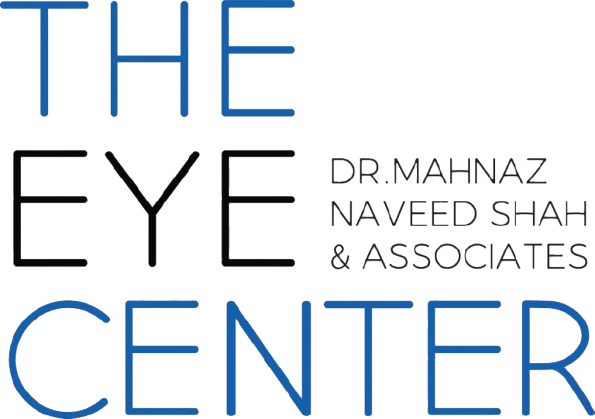Possible Side Effects of Cataract Surgery
Cataract surgery is a safe and effective procedure to restore clear vision, but like any surgical intervention, it may have some temporary side effects. Most of these are mild and resolve within a few days or weeks, but it is important to be aware of potential post-surgical symptoms. Common side effects of cataract surgery include […]
Signs That You May Need Cataract Surgery
Cataracts develop gradually, causing a progressive decline in vision. While early cataracts may not significantly impact daily life, worsening symptoms can indicate the need for cataract surgery. Recognizing these signs can help restore clear vision and improve your quality of life. Common signs that you may need cataract surgery include cloudy or blurred vision, increased […]
Recognizing the Signs of Retinal Problems
The retina plays a crucial role in vision by transmitting light signals to the brain. Any damage or disorder affecting the retina can lead to serious vision impairment or even blindness if left untreated. Identifying the early signs of retinal problems is essential for timely diagnosis and effective management. Common symptoms of retinal conditions include […]
Blurry Vision and Retinal Issues
Blurry vision can be a sign of underlying retinal problems, which, if left untreated, may lead to permanent vision impairment. The retina is responsible for processing visual information, and any damage to it can significantly affect your eyesight. Identifying the cause of blurry vision early can help prevent further complications. Common retinal conditions associated with […]
Leading Retina Care Center in Karachi
Choosing a top-tier retina clinic is crucial for individuals seeking expert evaluation and treatment for retinal diseases. Conditions such as diabetic retinopathy, macular degeneration, retinal detachment, and retinal vein occlusion require specialized care from experienced ophthalmologists utilizing the latest diagnostic and surgical advancements. At The Eye Center – Dr. Mahnaz Naveed Shah & Associates, Karachi, […]
Advanced Retinal Laser Surgery in Karachi
Laser surgery is a highly effective treatment for various retinal conditions, helping to prevent vision loss and stabilize eyesight. This advanced procedure is commonly used to manage diabetic retinopathy, retinal tears, macular edema, and retinal vein occlusion, reducing the risk of further complications and preserving visual health. At The Eye Center – Dr. Mahnaz Naveed […]
Comprehensive Retinal Examination in Karachi
Regular retinal check-ups are crucial for the early detection and management of retinal conditions before they lead to significant vision loss. Individuals with diabetes, hypertension, a family history of retinal disorders, or unexplained vision changes should undergo routine retinal assessments to facilitate timely diagnosis and treatment. At The Eye Center – Dr. Mahnaz Naveed Shah […]
Recognizing the Signs of Retinal Disease
Retinal conditions can cause severe vision impairment if not identified and managed promptly. If you are experiencing any visual disturbances, it is essential to seek an evaluation from a retinal specialist. Early detection is key to preventing irreversible vision loss. Common indicators of retinal disease include blurred or distorted vision, the presence of floaters, flashes […]
Expert Retinal Care and Surgery in Karachi
For those in need of advanced retinal surgery in Karachi, it is important to consult a highly skilled ophthalmic surgeon who employs state-of-the-art technology and clinically proven techniques to deliver optimal visual results. Retinal diseases, if not treated in time, can result in significant vision loss or even blindness, highlighting the importance of prompt surgical […]
Top Retina Specialist in Karachi
For individuals seeking a highly qualified retinal specialist in Karachi, it is crucial to consult with a proficient ophthalmologist capable of providing advanced diagnostic evaluations and personalized treatment plans for a wide spectrum of retinal disorders. Given the retina’s critical function in vision, early detection and timely intervention are paramount to preserving eye health. At […]
